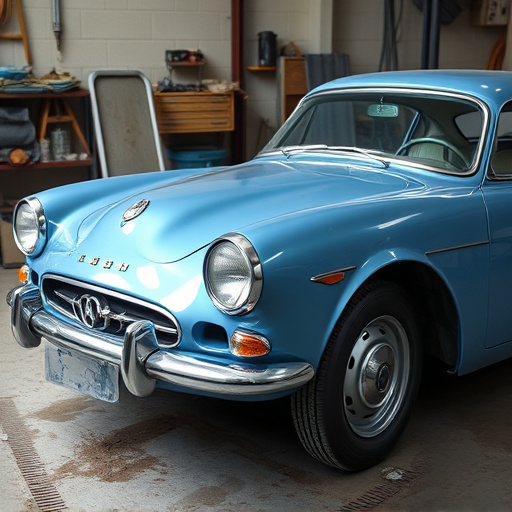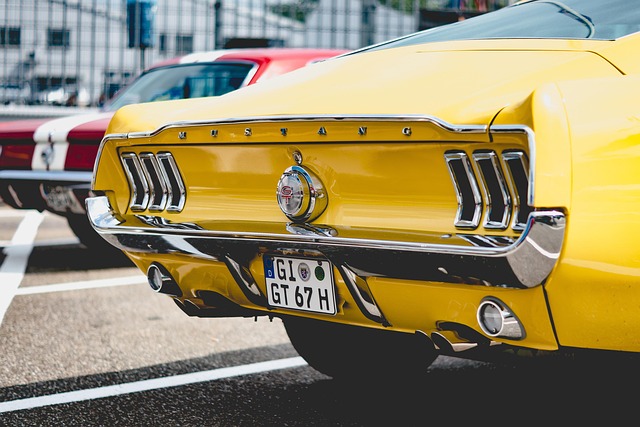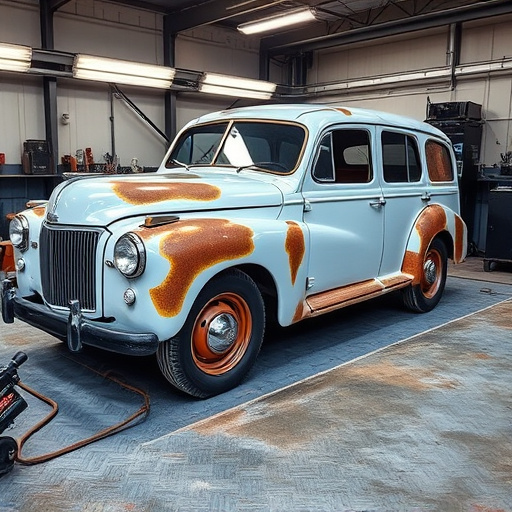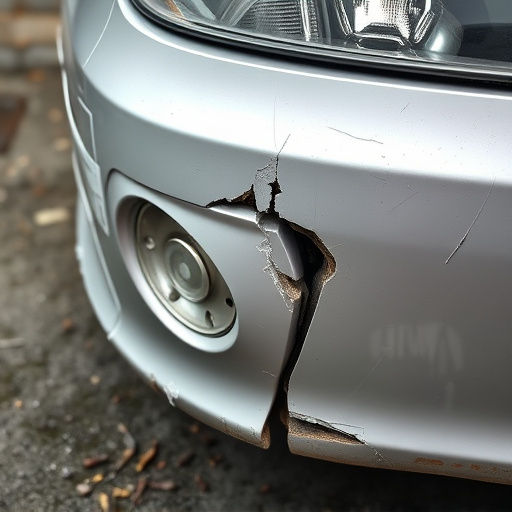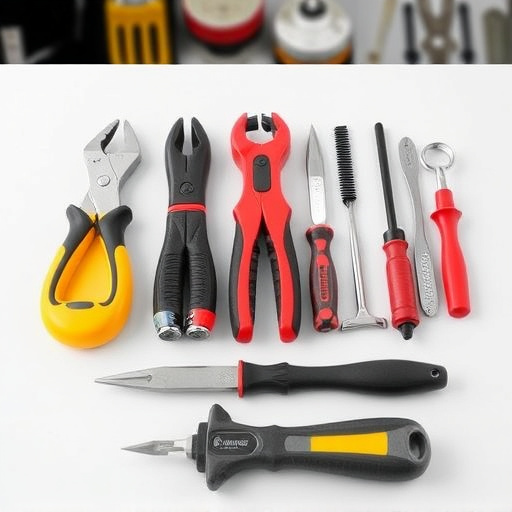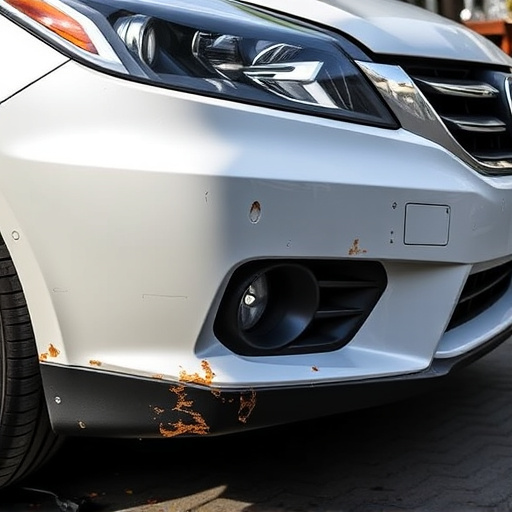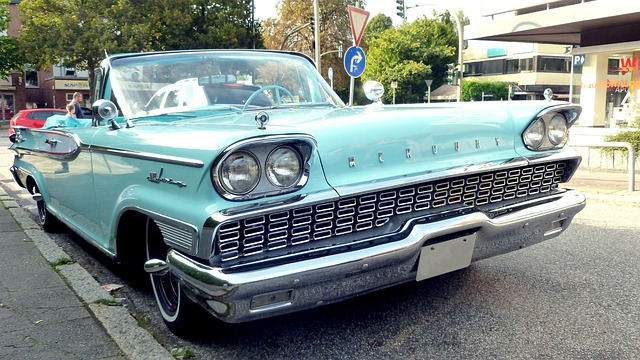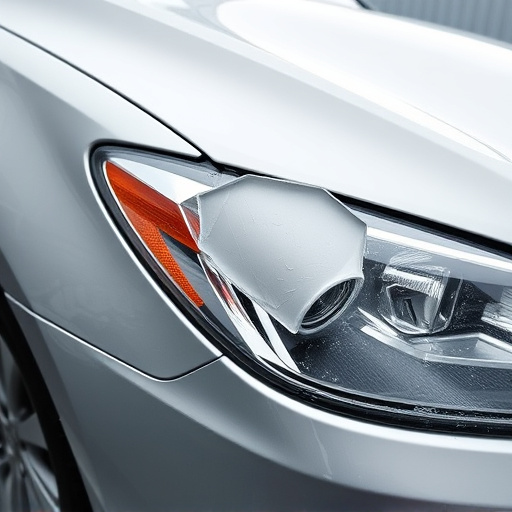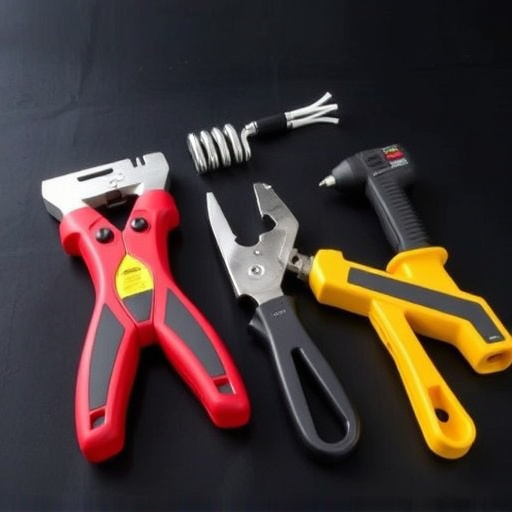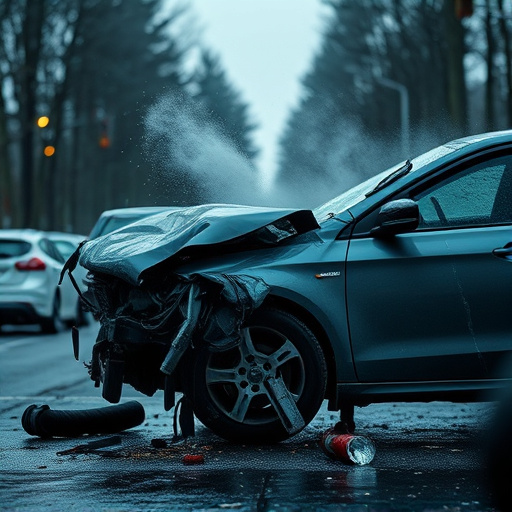Mercedes repair certification establishes rigorous standards for technicians, emphasizing accurate torque application and fastening methods to maintain vehicle safety and performance. Comprehensive training covers various systems like engines, transmissions, and brakes, along with advanced diagnostic tools. Specialized areas include frame straightening and car paint repair, ensuring structural integrity and corrosion protection. Proper torque techniques are crucial to prevent safety hazards and costly collision repairs, vital for luxury brands like Mercedes. Certified technicians master accurate measurements, minimizing risks and guaranteeing vehicle longevity through high-quality collision repair services.
Mercedes repair certification is more than just a qualification; it’s a guarantee of precision and safety. This article delves into the critical standards set by Mercedes repair certification programs, focusing on the significance of proper torque and fastening methods. We explore how these techniques impact vehicle performance and safety, while also highlighting best practices for technicians to maintain high standards. By understanding these certifications, car enthusiasts can rest assured their Mercedes are in capable hands.
- Understanding Mercedes Repair Certification Standards
- The Impact of Proper Torque and Fastening Techniques
- Ensuring Safety: Best Practices for Mercedes Technicians
Understanding Mercedes Repair Certification Standards
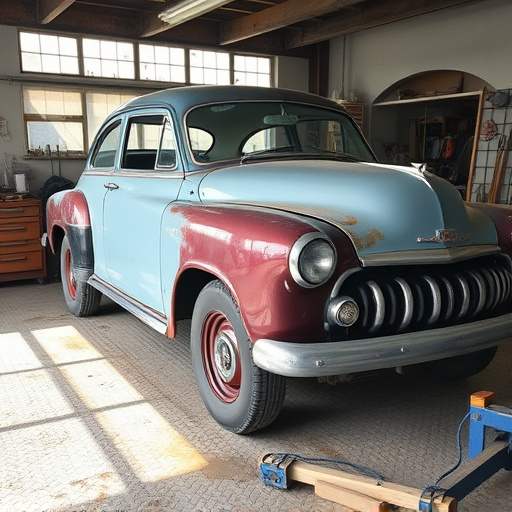
Mercedes repair certification sets a high standard for automotive technicians when it comes to ensuring proper torque and fastening methods on Mercedes vehicles. These certifications ensure that repairs are carried out accurately, maintaining the vehicle’s safety and performance standards. The process involves rigorous training in various aspects of vehicle maintenance, including engine, transmission, and brake systems. Technicians also learn about advanced diagnostic tools and techniques to identify issues accurately.
In addition to these core competencies, Mercedes repair certification programs often cover specialized areas such as frame straightening and car paint repair. Proper alignment and structural integrity are crucial for a vehicle’s overall stability and handling, making frame straightening a critical aspect of any major accident repair. Similarly, expert car paint repair ensures that the vehicle not only looks its best but also retains its protective coating, safeguarding against future corrosion and damage.
The Impact of Proper Torque and Fastening Techniques
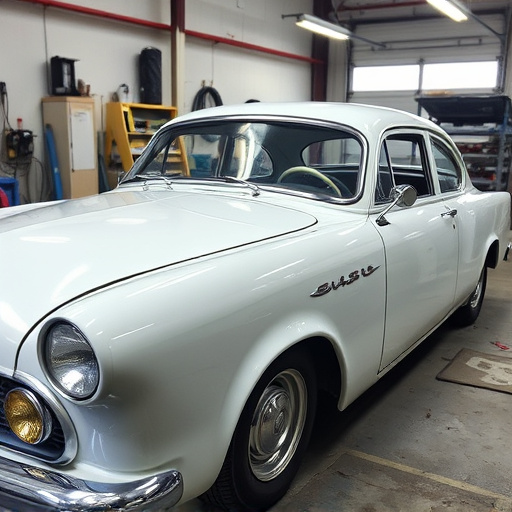
Proper torque and fastening techniques are paramount in Mercedes repair certification programs. These methods ensure that every component is securely fastened, preventing loose parts that could cause catastrophic failure during operation. In automotive repair services, especially for luxury brands like Mercedes, adhering to strict standards is crucial. A single misstep can lead to safety hazards, reduced performance, and even costly collision repair services.
For instance, incorrect torque settings in bumper repair can result in structural weaknesses, making the vehicle more susceptible to damage in case of a minor collision. Mercedes repair certification courses equip technicians with the knowledge and tools to accurately measure and apply torque, minimizing these risks. By mastering these techniques, auto body shops can provide high-quality collision repair services while ensuring the longevity and safety of Mercedes vehicles.
Ensuring Safety: Best Practices for Mercedes Technicians
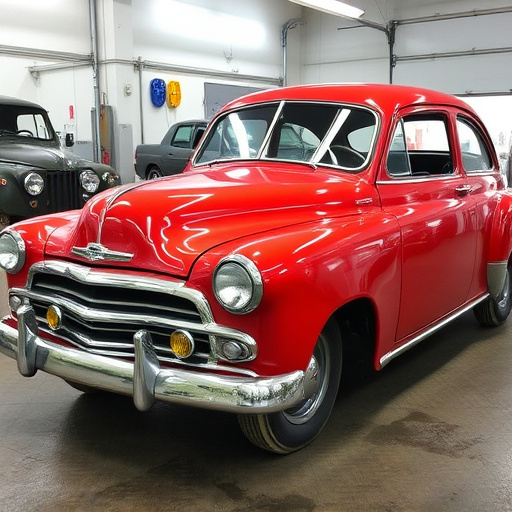
Mercedes repair certification is more than just a badge; it’s a commitment to excellence and safety. For technicians tasked with maintaining and repairing these luxury vehicles, adhering to the highest standards is non-negotiable. Safety isn’t just about preventing accidents—it’s about ensuring every component, from the engine to the exterior panels, is securely fastened. This starts with understanding the nuances of torque specifications, critical for parts like wheel bolts and suspension components. Improper torque can lead to not only poor performance but also pose significant risks during driving.
Beyond proper fastening methods, Mercedes repair certification encourages best practices that extend to all aspects of automotive body work. Technicians must be adept at diagnosing issues, utilizing advanced tools, and following manufacturer guidelines for every service or repair. This meticulous attention to detail is what sets apart quality auto repair services, ensuring not just the longevity of Mercedes vehicles but also the peace of mind of their owners. It’s a testament to their skill and professionalism that each repair, big or small, like vehicle dent repair, is handled with precision and care.
Mercedes repair certification is more than just a qualification; it’s a commitment to excellence. By adhering to strict standards, technicians ensure proper torque and fastening methods, guaranteeing both the safety and performance of Mercedes vehicles. With these best practices in place, owners can trust that their cars are in capable hands, driving forward with confidence.
